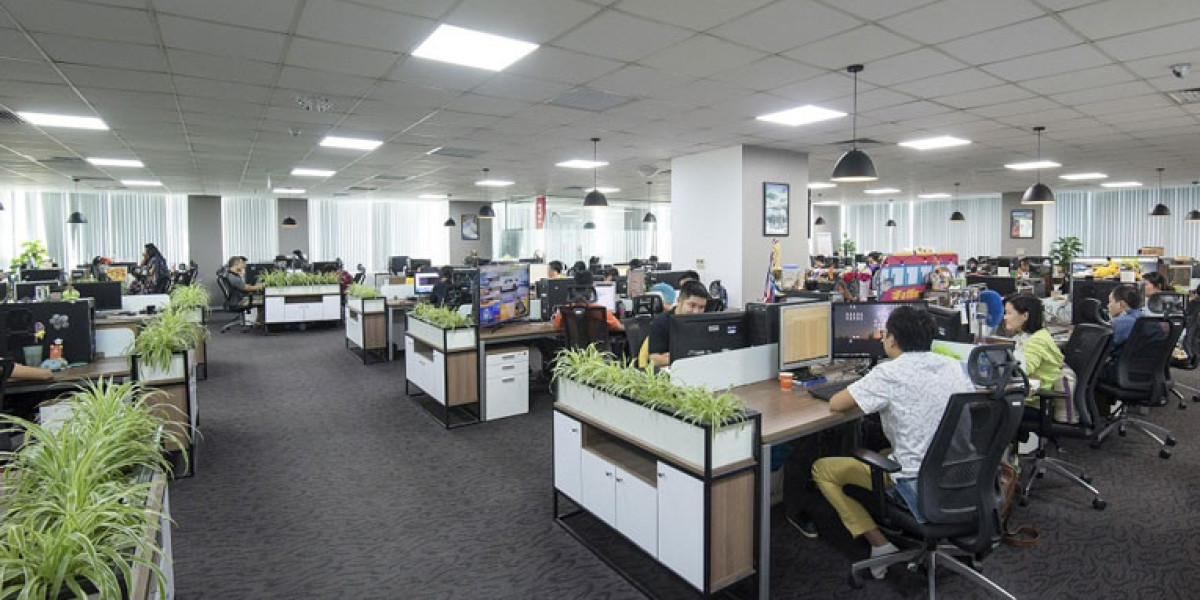By Allison Lampert
LAS VEGAS, Oct 22 (Reuters) - At the world's biggest market program in Las Vegas high-end jets are luring purchasers with their streamlined silhouettes, plush cabins - and increasingly, their usage of alternative fuels.
Fuel manufacturers and jetmakers are keen to showcase novel kinds of air travel fuel deemed less hazardous to the environment, from used cooking oil to the distinctly less attractive meat waste.
Business jet operators, like airlines, have acquiesced ecological pressure on aviation and committed to cutting in half carbon emissions by 2050 compared to 2005.
Their hope is that adopting eco-friendly fuel to suppress emissions could make company jets more appealing to environmentally conscious purchasers - particularly corporations facing concerns over sustainability from shareholders or green campaign groups.
The schedule of less contaminating personal jets might likewise spare the rich and famous the negative publicity experienced by Britain's Prince Harry and his better half Meghan over a recent private jet journey to southern France.
Five Gulfstream jets on screen in Las Vegas are utilizing California-produced fuel from inedible beef tallow.
The latest waste-based fuels consist of "fats, grease and oils that are by-products of the food industry," said Bryan Sherbacow, primary industrial officer of Boston-based biofuel producer World Energy, which produces fuel from meat waste utilized by Gulfstream.
"All of our product is inedible."
A few of the other 79 airplane on display are anticipated to be powered by 150,000 gallons of other sustainable fuel mixes anticipated to be pumped at the show.
FLIGHT SHAMING
Private jets represent less than 0.1% of total yearly carbon emissions worldwide, however can release, on average, approximately 20 times more carbon emissions per traveler mile than jetliners, according to the London-based personal charter firm Victor.
Prince Harry has actually protected his occasional use of private jets to ensure his household's security, and has said that on the unusual celebrations he does not fly commercially he offsets his emissions.
But planemakers say incidents such as the furore over his travel plan have actually included fresh challenges for a market currently aiming to justify its contribution to cutting business expenses.

"Incidents of flight shaming including using personal jets are regrettable when you think about that our market has provided fuel efficiency enhancements of 40% over the past 40 years," said Bombardier Aviation President David Coleal.

Bombardier thinks increased sustainable fuel usage will help the industry make inroads with corporations and rich purchasers. According to market data, billionaires only have a 19% organization jet ownership rate.

But even an image remodeling - with jets sporting sticker labels like "this aircraft flies on renewable fuels" and organisers adding alternative fuel pumps for visiting aircrafts - is not likely to please all critics at the Oct 22-24 high-end jet event.
Environmentalists and some experts remain skeptical that biojetfuels, usually combined 50-50 with kerosene, will make a considerable effect on public perceptions about luxury travel.
"No amount of jatropha curcas or Brazil-nut fuel can make service jets look eco-friendly," stated aviation analyst Richard Aboulafia.
Demand from company jet operators for eco-friendly fuels now far exceeds supply and their interest could drive future production, Sherbacow said.
World Energy, which produces 40 million gallons of biofuel at its California plant, might expand production up to 150 million gallons by 2022.
Corporate charter business and consultants are also seeing more interest from clients who wish to buy carbon credits to offset emissions from their flights.
Brian Proctor, CEO of Mente Group, a U.S. consultancy, stated emissions played a role in a business jet usage study his business recently completed for a Fortune 500 company.
"At the end of the day, I think that cost, cost per hour, variety, speed and efficiency, that's still the (sales) motorist. But I believe people are becoming more familiar with the sustainability of operations and how it affects the world." (Reporting By Allison Lampert, Editing by Tim Hepher and Alexandra Hudson)







